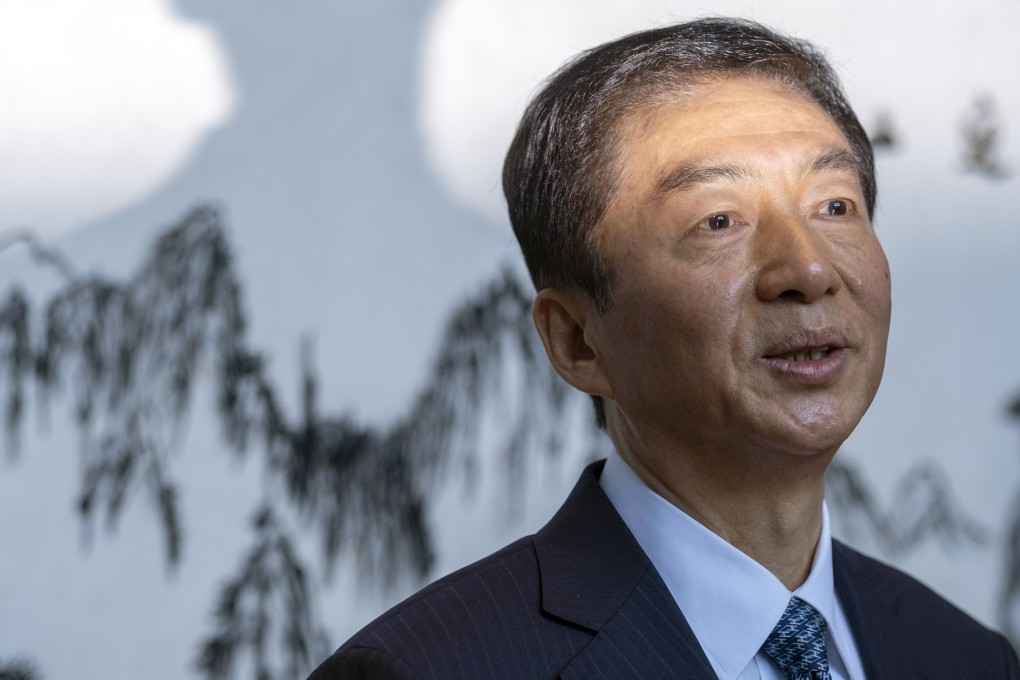Advertisement
China Briefing | Beijing’s new man in Hong Kong: how the ‘odd choice’ of Luo Huining could signal a change in thinking
- The former provincial party chief has had little experience dealing with Hong Kong, but a fresh mindset could be just what the central government wanted
- His appointment also signals Xi Jinping’s thinking in terms of promoting officials based on their records, rather than on age or term limits
Reading Time:5 minutes
Why you can trust SCMP

Does Beijing’s unorthodox appointment of a hardened provincial politician with no relevant experience as its top envoy to Hong Kong signal a reset of its approach and policy towards a city that has been embroiled in its biggest crisis in decades?
That question, and the possible implications of the answers, have been the talk of the town since the surprise announcement last Saturday of Luo Huining’s appointment as the new director of the central government’s liaison office in Hong Kong.
News of the former Communist Party chief of Shanxi and Qinghai provinces’ appointment also caused a stir in China’s massive bureaucracy for a different, but equally interesting, reason – triggering intense speculation on whether it signals a change in thinking on the Chinese government’s part towards retirement age limits for bureaucrats or the possibility of bringing capable and experienced officials out of retirement, an intriguing issue which I will explore more later.
Advertisement
First, let’s focus on Luo’s seemingly improbable elevation to one of China’s most high-profile – and difficult – jobs, less than a week before he was seemingly heading into semi-retirement.

Advertisement
On the surface, there are good reasons to suggest that Luo was an unlikely candidate. At 65, he had already reached the mandatory retirement age for officials holding the rank of cabinet minister and had stood down as Shanxi party chief on November 30. On December 28, he was appointed to the standing committee of the National People’s Congress (NPC) – a common move for semi-retired former provincial party chiefs – before his full retirement, which was expected in 2023 when the current term of the NPC ends.
Advertisement
Select Voice
Choose your listening speed
Get through articles 2x faster
1.25x
250 WPM
Slow
Average
Fast
1.25x
